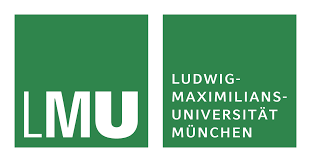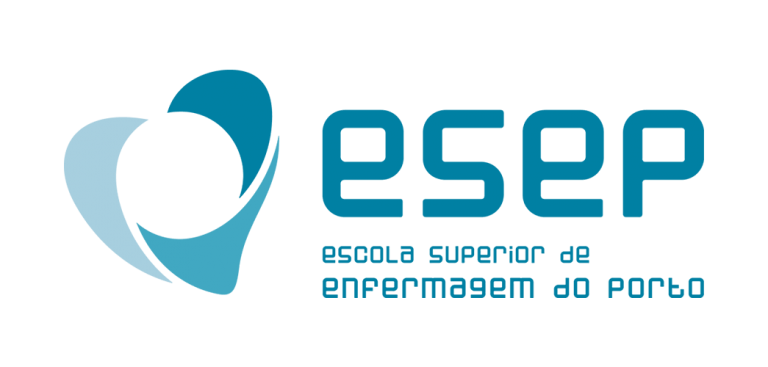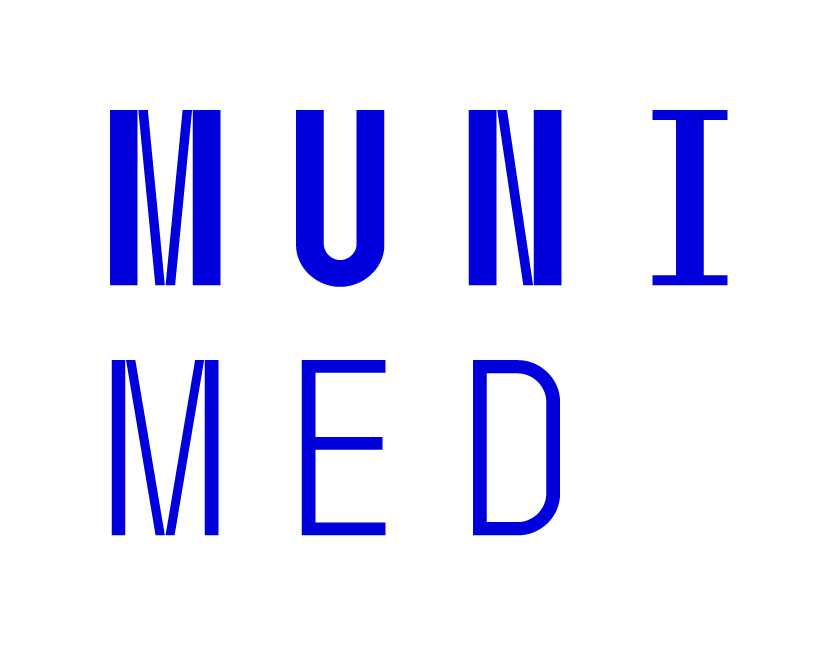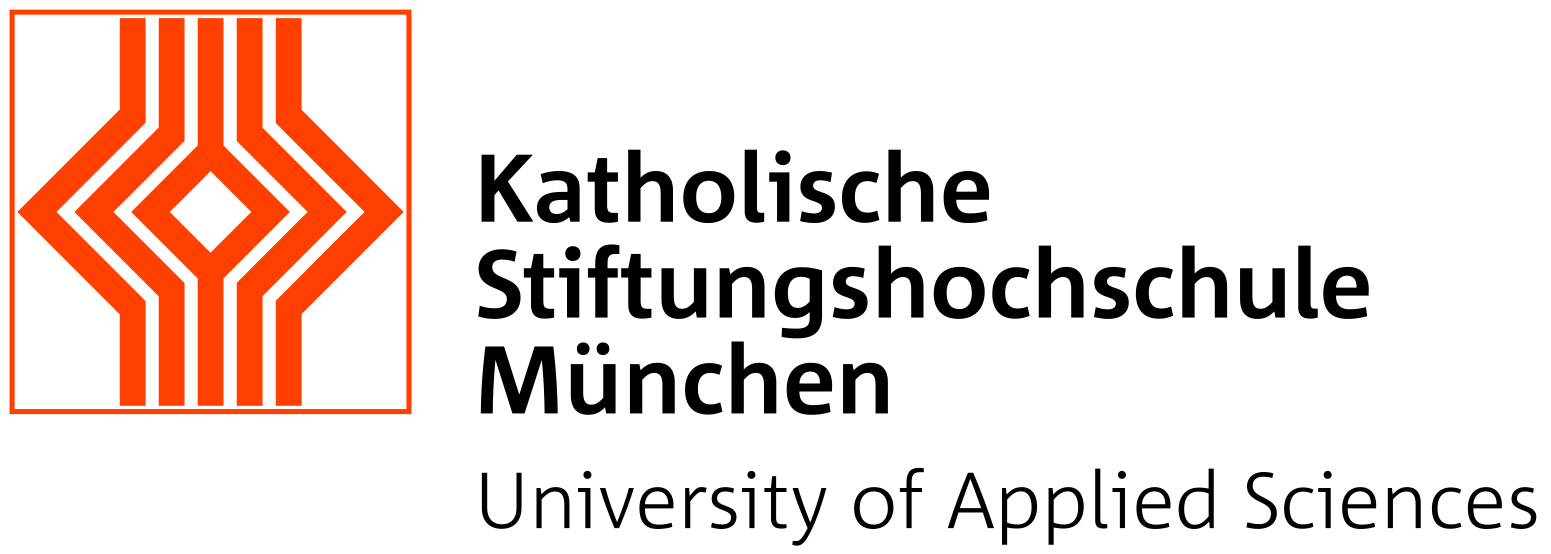Ludwig Maximilian University (Germany, München) - Project Coordinator
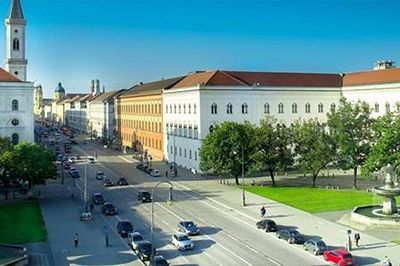
Ludwig-Maximilians-University (LMU) in Munich is the leading teaching and research university in Germany, ranking second in Germany in the 2024 Times Higher Education World University Ranking. With the neighbouring Max-Planck, Helmholtz, and Technical University institutions, it can be regarded as a major European life science hub. LMU is a distinguished beneficiary of the German excellence initiative and was recipient of 225 projects, in 22 of which it is/was the coordinating institution in the Seventh EU Framework Programme. In Horizon2020 the LMU has already received more than 300 grants, in the current Horizont Europa (2021-2027) LMU received 87 grants so far.
The Institute for Emergency Medicine and Management in Medicine (Institut für Notfallmedizin und Medizinmanagement, INM) was founded in 2001 and the first such institute in Germany to focus on academic research and training/teaching in emergency and acute medicine. It has over 20 years of experience in providing simulation training in every acute and emergency care setting (pre- and in-hospital), as well as in participating in the scientific development and research of new simulation modalities. All work will be done in the simulation centre of the INM, combining realistic clinical and preclinical medical surroundings with an advanced technological infrastructure.
The Human Simulation Center (HSC) includes areas for simulation, debriefing and medical education which are included in the institute building at the university hospital campus. The Institute’s staff is affiliated with the Society for Simulation in Europe SESAM (currently President), with the German Simulation Society DGSim (currently Vicepresident) and the Society for Simulation in Healthcare SSH.
Escola Superior de Enfermagem do Porto (Portugal, Porto)
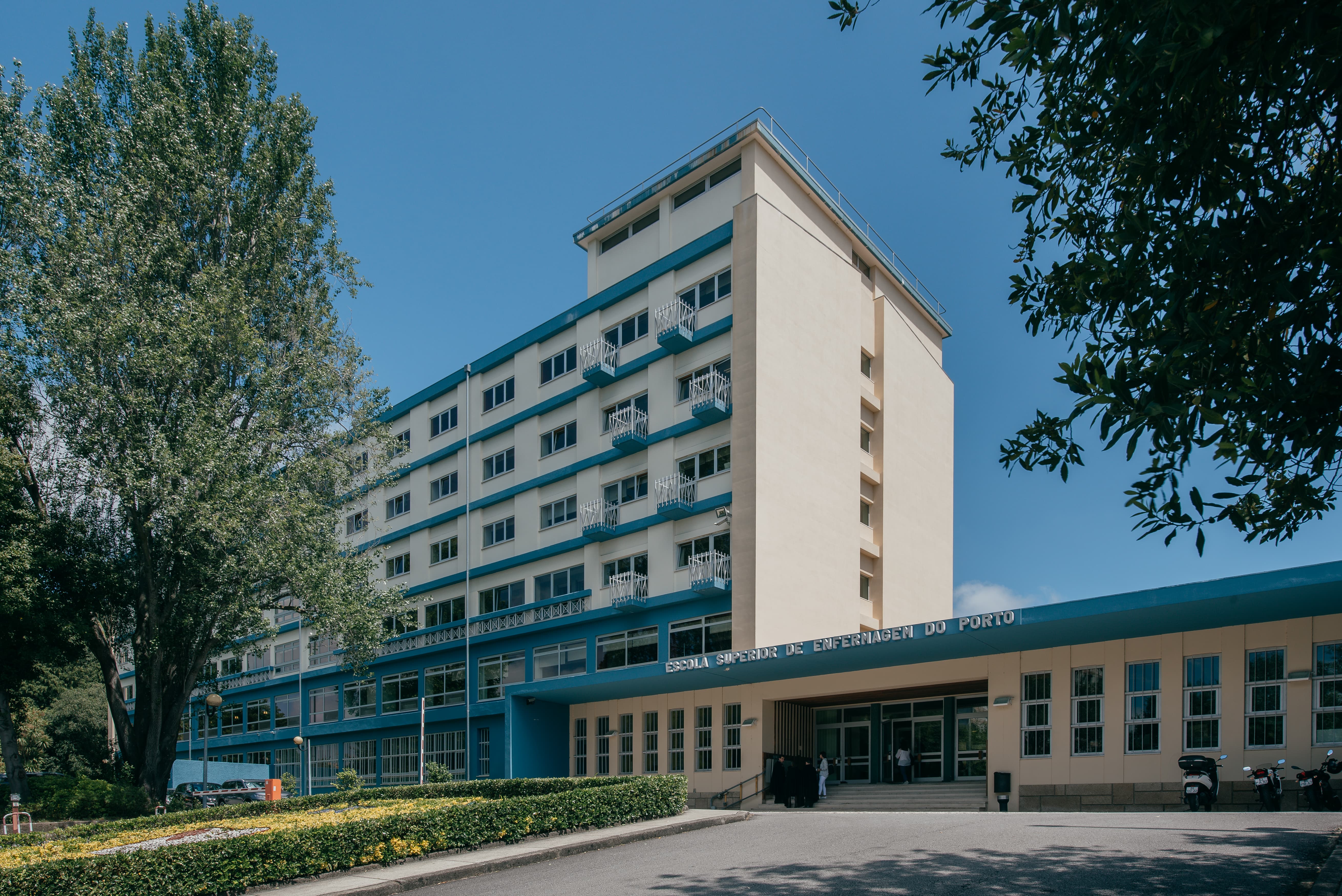
The Nursing School of Porto (ESEP) is a public higher education institution distinguished both at national and international levels for its commitment to excellence in nursing education and to the creation and dissemination of culture, knowledge, science and technology, through learning, education, and research. ESEP has currently 1.730 students, and 208 staff employees involved in research, teaching and administration. ESEP's scientific contribution has placed it as the country’s leading nursing college - Scimago universities ranking - in the category “Excellence”, considering the academic works published in high impact international journals.
Importantly, ESEP is currently developing nine granted structural projects related to health promotion, nursing practice and nursing education in a multicultural environment. With this it strives to be a reference in nursing education, centred on the excellence of teaching and learning processes, in the development of specific nursing skills and the development of innovative care models. ESEP envisions nursing focused on people-centred transitions and in the pursuit of its mission, it offers courses and other training programmes, aimed at the development of skills in the field of nursing at post-undergraduate and master levels.
Katholische Stiftungshochschule München University of Applied Sciences (Germany, München)
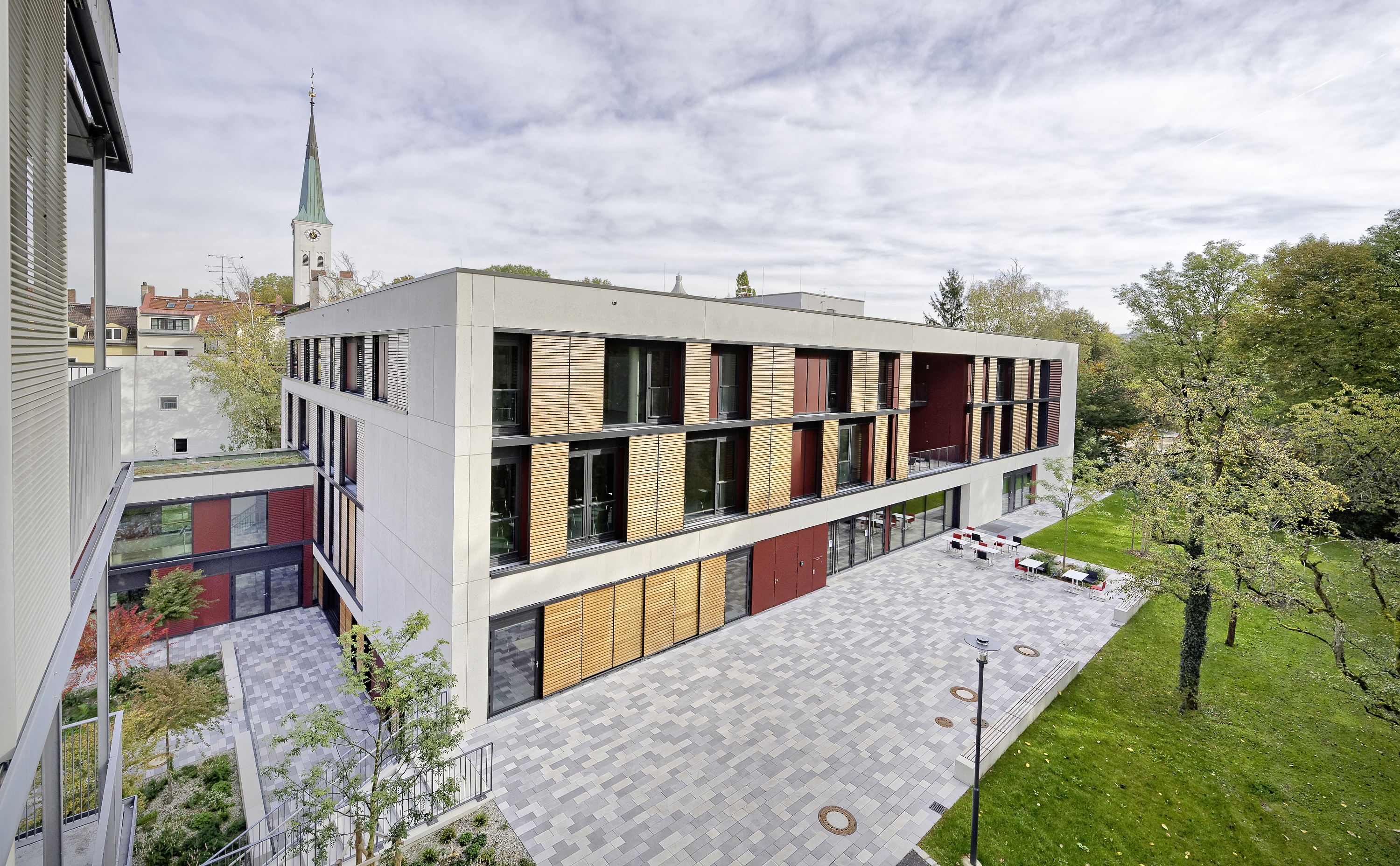 The Katholische Stiftungshochschule University of Applied Sciences has two campuses (Munich and Benediktbeuern). It has two faculties, one for social work and one for nursing. The Faculty of Nursing was founded in 1999, and today is one of the largest faculties nationwide in academic training for healthcare professions. In 2019 the Faculty of Nursing started the first accredited midwifery degree course in Germany.
The Katholische Stiftungshochschule University of Applied Sciences has two campuses (Munich and Benediktbeuern). It has two faculties, one for social work and one for nursing. The Faculty of Nursing was founded in 1999, and today is one of the largest faculties nationwide in academic training for healthcare professions. In 2019 the Faculty of Nursing started the first accredited midwifery degree course in Germany.
Research at KSH Munich represents an integral part of the university. With 25 projects, over 30 scientific employees and a steadily increasing number of doctoral students, it represents a significant place of innovation in the field of applied research. KSH conducts application and practice-oriented research, taking ethical concepts into account, starting with a focus on the value of the individual.
The individual research and development projects are directly related to the social issues of our time, such as migration, ageing society and digitalization, and thus address current challenges. The results of the research have a direct influence on developments in professional practice and also flow directly into teaching at the university. This enables students to receive a highly up-to-date, innovative and practice-orientated education.
Masarykova Univerzita (Czech Republic, Brno)
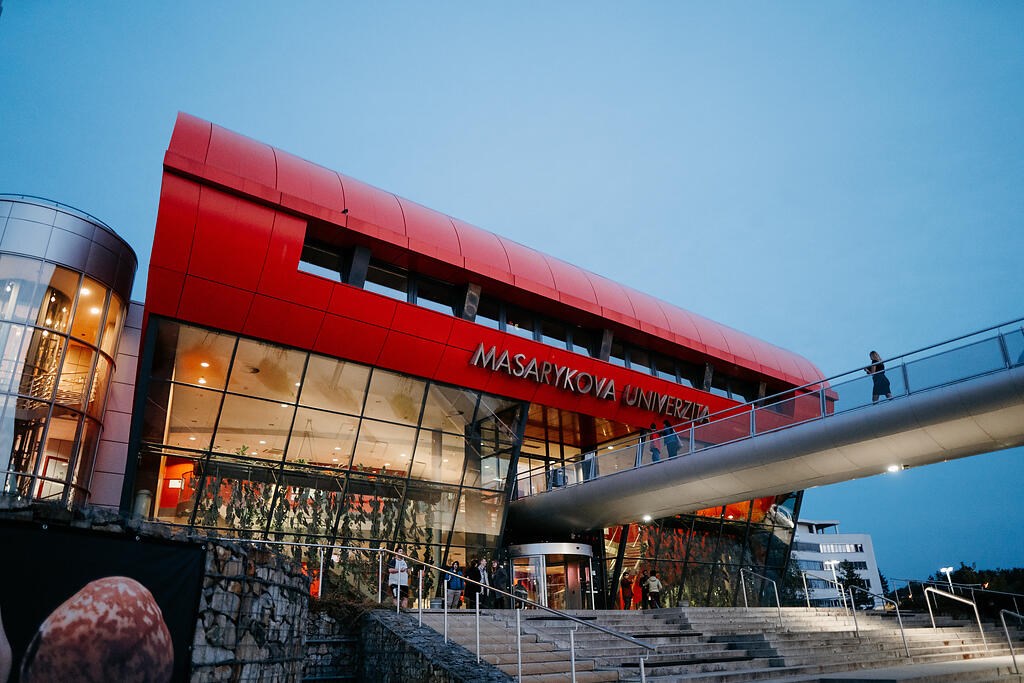 Masaryk University (MUNI MED) is the second-largest public university in the Czech Republic. At present, it comprises ten faculties with over 200 departments, institutes, and clinics. Recognized as one of the most important teaching and research institutions in the Czech Republic and a highly-regarded Central European university, it has been infused with a strong democratic spirit ever since its establishment in 1919. Starting with only limited numbers of mobility within the program Socrates – Erasmus, now MUNI MED is involved in almost all European mobility and research programs and projects. Since 2007, MUNI MED has been involved in the Erasmus Mundus Action II program as one of the first EU institutions and in addition to this is also cooperating together with partners from the Middle East, Central Asia, Latin America, South Africa, Russia, Western Balkan, and Eastern Asia regions.
Masaryk University (MUNI MED) is the second-largest public university in the Czech Republic. At present, it comprises ten faculties with over 200 departments, institutes, and clinics. Recognized as one of the most important teaching and research institutions in the Czech Republic and a highly-regarded Central European university, it has been infused with a strong democratic spirit ever since its establishment in 1919. Starting with only limited numbers of mobility within the program Socrates – Erasmus, now MUNI MED is involved in almost all European mobility and research programs and projects. Since 2007, MUNI MED has been involved in the Erasmus Mundus Action II program as one of the first EU institutions and in addition to this is also cooperating together with partners from the Middle East, Central Asia, Latin America, South Africa, Russia, Western Balkan, and Eastern Asia regions.
Masaryk University has over 31,000 students and more than 5,100 workers. It offers over 180 bachelors, 200 masters, and 130 doctoral study programs, some provided in English or German and in combined form.
Universidade do Porto - Faculdade de Medicina (Portugal, Porto)
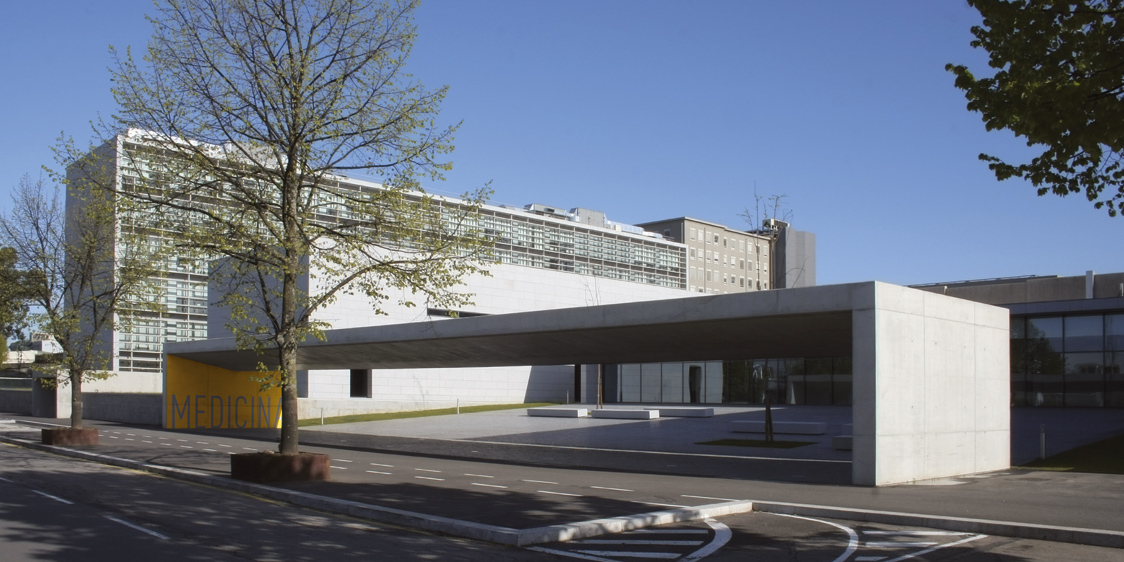
The University of Porto (U.Porto) is a benchmark institution for Higher Education and Scientific Research in Portugal and one of the top 150 European Universities according to the most relevant international ranking systems. The U.Porto has the richest academic community in Portugal and brings together the country’s highest ranked students, a highly qualified scientific and teaching staff and a growing number of international students, teachers and researchers.
The U.Porto is the most international of Portugal’s universities thanks to its active cooperation with hundreds of Higher Education Institutions worldwide. U.Porto also participates in one of the pioneer European Universities funded by the EC as part of Erasmus+, the EUGLOH, which is an innovative alliance coordinated by Université Paris-Saclay focusing on a unifying and transdisciplinary topic, global health, and that aims at addressing the major societal challenges.
It is also important to highlight the strong capacity of U.Porto to attract Erasmus+ projects over recent years. Through these projects and the associated activities and funding, the U Porto gained a high degree of internationalisation and developed and strengthened its networks. Since 2014, U.Porto participated in a total of 220 Erasmus+ projects and in this way expanded their expertise in European projects. EC as part of Erasmus+, the EUGLOH, which is an innovative alliance coordinated by Université Paris-Saclay focusing on a unifying and transdisciplinary topic, global health, and that aims at addressing the major societal challenges.
